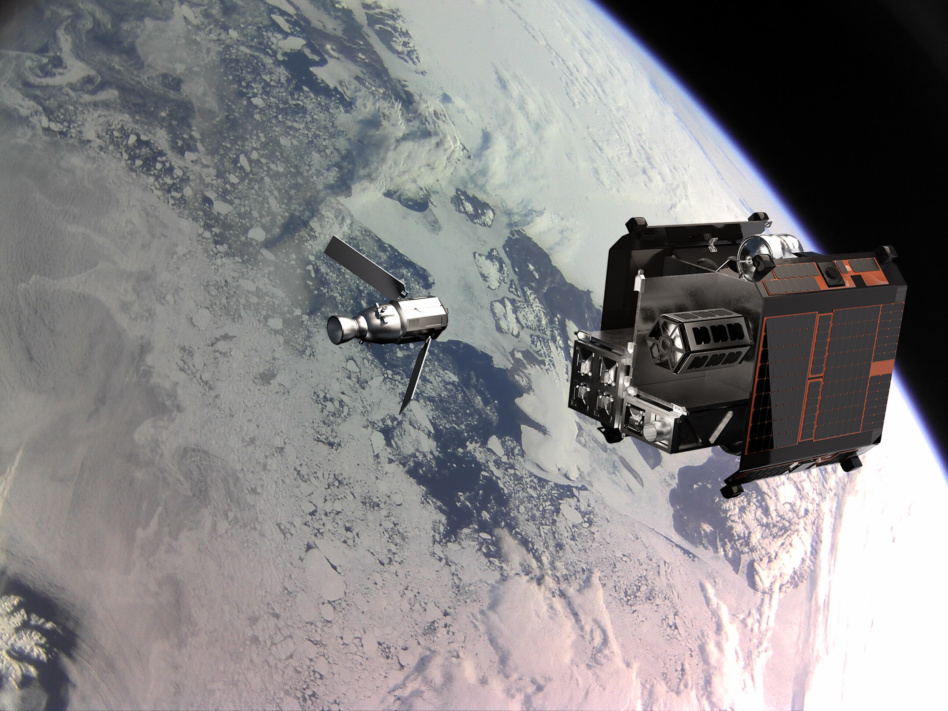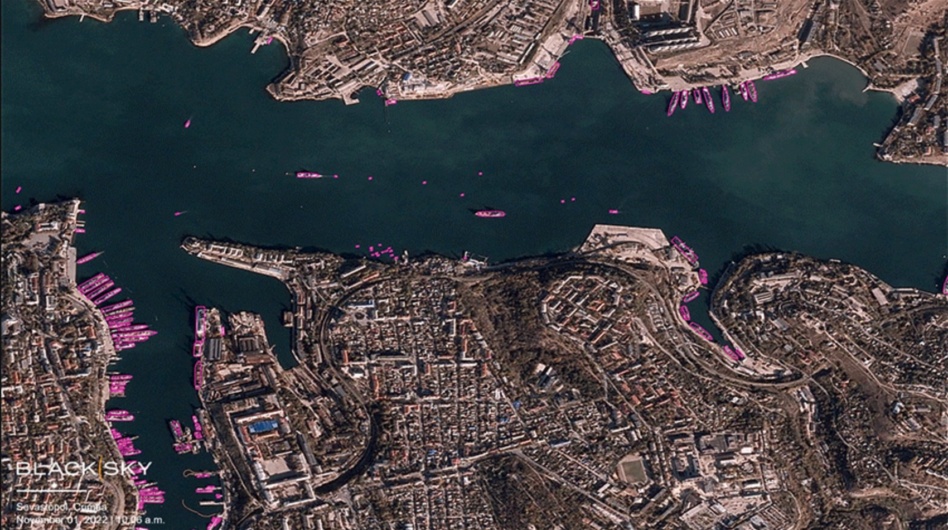D-Orbit, the Italian space logistics company, raised an additional €50M ($56M) as part of a Series C fundraising round that began earlier this year. In January, the company said it had raised €100M ($110M) to begin its fundraising campaign.
D-Orbit is developing a suite of space logistics capabilities while offering services as a satellite integrator and deployer. Its ION Satellite Carrier’s latest mission, Celestial Bliss, launched on SpaceX’s Transporter-11 mission, deploying five satellites and hosting four payloads.
A global lift: The funding round, one of the year’s largest, was led by Japanese investment bank Marubeni Corporation and included Iberis Capital, Phaistos Investment Fund, the European Investment Bank, and the European Investment Fund.
“It goes beyond the money we just raised…[Marubeni] has offices all around the world,” Renato Panesi, founder and CCO of D-Orbit told Payload. “We have a good market penetration in Europe…and in the U.S. we have a good penetration…it was more difficult to reach Latin America, Asia—this is where Marubeni is particularly strong.”
In just a few months of working with Marubeni, D-Orbit closed contracts in Singapore, Taiwan, Korea, and Japan.
A push for space sustainability: D-Orbit CEO Luca Rossettini said in a statement that the “investment strengthens [D-Orbit’s] commitment to innovation in space transportation, in-orbit servicing, and the vast domain of space logistics.”
Part of the proceeds will go towards D-Orbit’s US office in Boulder, CO, which will focus on serving federal agencies. The funding could also be used for acquisitions to obtain new technologies that D-Orbit may need in the future.
What’s next? The company has five ION missions scheduled in 2025, but its long-term focus is on in-orbit servicing.
“We plan to launch and operate our first in-service vehicle a few years from now,” Panesi said. “We do expect a specific number of missions in 2025-2026, but this number can increase a lot with increasing launch opportunities provided by the trends of the market.”
Panesi is excited about what D-Orbit’s future prospects mean for Europe’s space economy, with Ariane 6 beginning operations and startups like Rocket Factory Augsburg preparing new launch vehicles.
“It’s not going to be SpaceX anymore,” Panesi said. “Europe is back with its own launch capabilities.”





